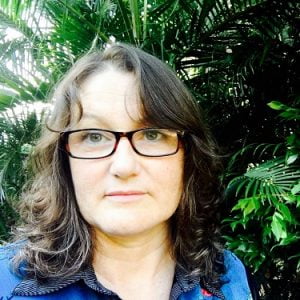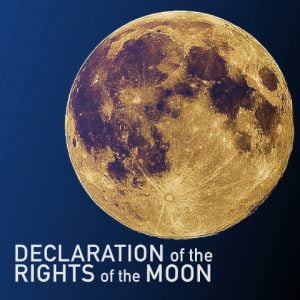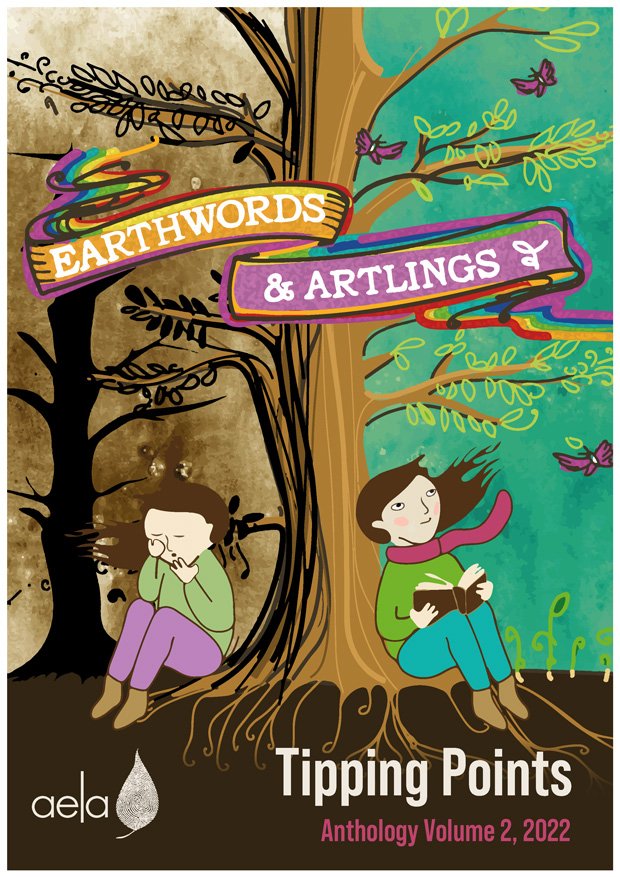Media Release
Thursday 25 May 2017
Condemnation as Australian mining company sues South African lawyers and activists who criticised its operations
Australian human rights and environmental activists are outraged by the actions of an Australian mining company operating in South Africa. Mineral Sands Resources (MSR), a subsidiary of an Australian listed company, Mineral Commodities Limited (MRC), has recently issued a "SLAPP" (Strategic Litigation Against Public Participation) suit against two South African lawyers and a community activist in relation to comments they made at a Summer School lecture at the University of Cape Town in January 2017.
The company alleges that the local community activist and two lawyers from the Centre for Environmental Rights (CER) had made defamatory presentations about the company’s practices at the Tormin mineral sands mine and the actions of its director, Mr Zamile Qunya, and is seeking ZAR250,000 (A$25,000) in damages from both environmental lawyers, and a further ZAR750,000 (A$76,000) from the local community member. A summons against the CER lawyers was served by MSR on Wednesday, in the presence of CER staff and supporters.
Expressing concern about the response from MSR, the CER said in a media release: “SLAPP suits are often used to censor, intimidate and silence critics by burdening them with the cost of a legal defence until they abandon their criticism and opposition. SLAPP suits are illegal in many jurisdictions around the world on the grounds that they impede freedom of speech.”
MSR’s recent actions follow a string of other controversies about its mineral sands mine on the West Coast of South Africa, approximately 350km north of Cape Town, due to rising concerns about the legality of its operations. In October 2016, MSR sued a Magistrate and the South African environmental authorities who issued and executed a search warrant at the Tormin mine. In March 2017 a decision by the Western Cape High Court confirmed the environmental authorities had operated outside their jurisdiction in obtaining and executing the warrant, however the High Court also found that MSR had expanded its operations without the required environmental authorisation. The High Court also questioned the lawfulness of other actions by MSR, including its responsibility for a devastating cliff collapse in the area.
MSR’s parent company, MRC, has also faced strong community opposition to its controversial attempts to mine mineral sands at Xolobeni on the Wild Coast of South Africa. Ongoing protests to the mine have been led by a community group, the Amadiba Crisis Committee. In March 2016, Crisis Committee Chair Sikhosiphi “Bazooka” Rhadebe was assassinated at his home in Pondoland. No one has been arrested for his murder. MRC and its CEO Mark Caruso have also issued defamation suits against Cape Town attorney Cormac Cullinan, Amadiba Crisis Committee activist Mzamo Dlamini, and John Clarke, a social worker, in relation to their comments about the Xolobeni proposal. These claims are currently being defended.
“There needs to be more scrutiny of Australian mining companies and their operations overseas. We are concerned that this company has failed to comply with international human rights standards and local environmental laws. Now they are trying to silence South African civil society members who try to hold them to account,” said Dr Michelle Maloney, National Convenor of the Australian Earth Laws Alliance.
The Centre for Environmental Rights intends to vigorously defend the claims made against its lawyers.


















